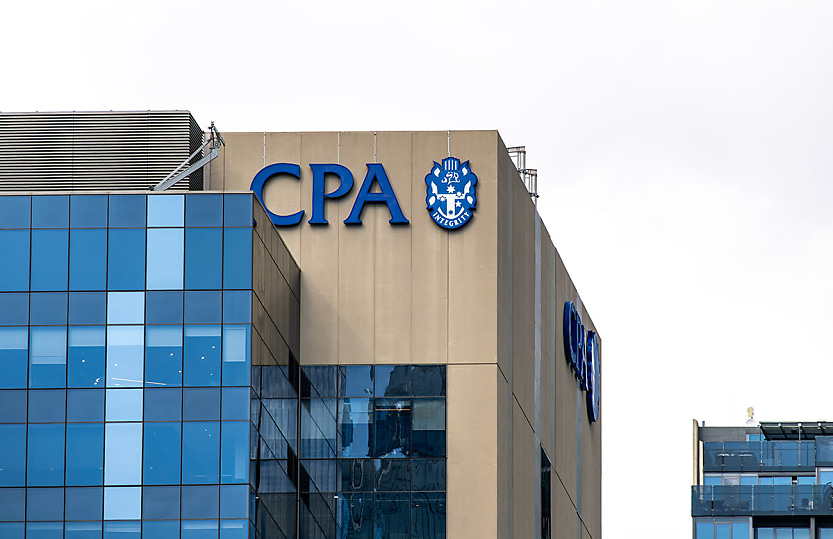CPA welcomes proposal to overhaul financial adviser, auditor entry requirements

CPA Australia has welcomed a Productivity Commission proposal to relax the entry requirements for financial advisers and auditors as their numbers continue to fall.
The onerous entry requirements to become a financial adviser have contributed to their dwindling numbers in recent years, CPA Australia CEO Chris Freeland warned.
“The cumulative effect of the regulatory burden imposed on the profession in recent years has demoralised advisers to the point where many are now walking away from businesses they grew from the ground up, while fewer new professionals are entering it to fill the gap because of the current entry requirements,” he said.
“Government needs to work constructively with the profession to understand these issues and begin to address them before the number of financial advisers reaches a critical level. The Productivity Commission acknowledging that entry requirements are disproportionate to the level of risk is a positive step in the right direction.”
CPA Australia said that “excessive” occupational entry regulations offered limited benefits, and deterred new talent. It pointed out that the number of financial advisers listed on the Financial Advisers Register has almost halved in recent years, falling from 26,500 to 15,300 between 2019 and 2025.
To become a financial adviser, one must currently hold an approved degree or higher qualification focused on financial advice, pass an exam, undertake a professional year, undertake continuous professional development, and comply with a code of ethics.
The Productivity Commission proposed that the degree requirement should be relaxed to include any discipline, with minimum relevant study in areas such as finance, economics and accounting, and prescribed accredited financial advice subjects in ethics, law and regulatory obligations.
Treasury predicted that this change would halve the study time and lower the cost to meet the education standard for most students studying a commerce, economics or finance degree.
“These reforms should ensure that consumers are protected while entry requirements are not unnecessarily burdensome,” the Productivity Commission report read.
CPA Australia also welcomed the Productivity Commission’s proposal to revise requirements for registered company auditors (RCAs) by introducing a tier of licensing for lower-risk assurance activities.
“The Australian government should consider a more nuanced approach to licensing RCAs, including the addition of a lower-tier licence for low-risk audits,” the Productivity Commission said.
Currently, all Australian RCAs must complete at least a three-year qualification in accounting, a two-year qualification in law, a prescribed auditing course and a logbook of experience in auditing competencies across the previous three to five years.
By contrast, New Zealand provided two tiers of licensing for auditors, with different requirements for different assurance risk levels.
CPA Australia warned that the current regulatory demands for RCAs disproportionately affect small accounting firms and sole practitioners. It noted that the number of RCAs has declined from more than 7,000 to 3,200 over the 20 years to 2025, while demand has increased.
“The entry requirements for RCAs are highly restrictive, which is necessary to ensure the appropriate level of expertise and regulatory oversight for the audit of highly complex entities such as listed companies or multinational enterprises,” Freeland said.
“However, the current entry requirements do not adequately differentiate between various audit risks, leading to unnecessary barriers and costs for lower-risk audit engagements. This risks undermining the pipeline of future auditors at a time when demand for independent assurance is growing, particularly in emerging areas like sustainability reporting.”
About the author

